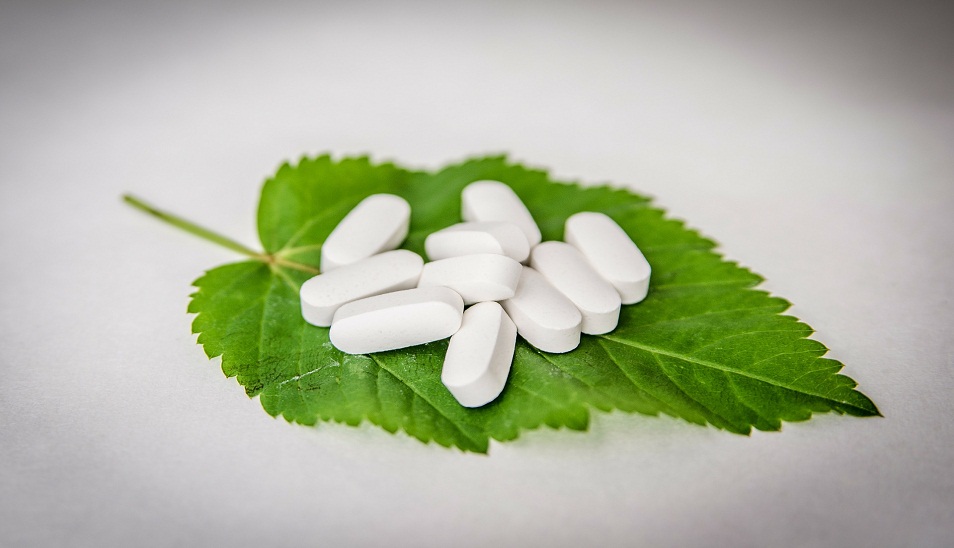How many times have you heard someone you know (or maybe even yourself) say, “The older I get, the tougher it is to recover from exercise,” or that aches and pains are just a part of growing older? You’ve probably heard the rumor and warnings that statin medications cause achy muscles. It’s true. The older we get and the more prescription medicines we take, the lower the levels of Coenzyme Q10 in our bodies. CoQ10 helps our cells make energy. When levels are low, we feel achy, fatigued and weak. It can make it hard to want to be active when you just don’t have the energy.
Many people with high cholesterol take statin medications. In fact, more than half of American men and near 40% of American women take them. They are inexpensive, yet very effective at lowering LDL cholesterol and raising HDL. Unfortunately, some people experience side effects while taking these drugs. Statins, and some other prescription medications, can lower levels of coenzyme Q10 in your body. Your cells need CoQ10 to make energy. When levels are low, you may feel fatigued and achy, and some people complain of a sense of ‘brain-fog’. Research shows that supplementing your diet with CoQ10 may help control these side effects by replenishing deficient levels, making statin therapy bearable.
Statin drugs partially block enzymes required to create CoQ10 in the body, but they are not the only culprit of declining or deficient levels. Unfortunately, the biggest reason for low or declining CoQ10 levels is the natural process of aging. Beyond age 40, one’s ability to generate CoQ10 in the body begins to drop off. This can be particularly noticeable the more active you are. Your brain, your heart and your muscles need CoQ10 to produce energy. CoQ10 starved muscles feel weak and may ache. While research shows that young athletes may not see any benefit from supplementation with CoQ10, older athletes and particularly those with heart disease may experience improved exercise performance.
Low levels of CoQ10 are also common with hypertension and migraine headaches. Studies show healthy blood pressure levels with and without medicine therapy for those taking 100-120 mg daily of CoQ10. In one study, migraine sufferers who took 100 mg three times daily were able to support their brain health and experienced mental clarity.
CoQ10 is a notoriously difficult nutrient to absorb, typically only about 1 to 3% of most supplements are taken up into the bloodstream. Make sure to find a highly absorbable CoQ10 so you may receive the full benefits of this critically important compound.
In Good Health,
James O'Keefe, MD
Photo Credit: Pixabay Creative Commons





